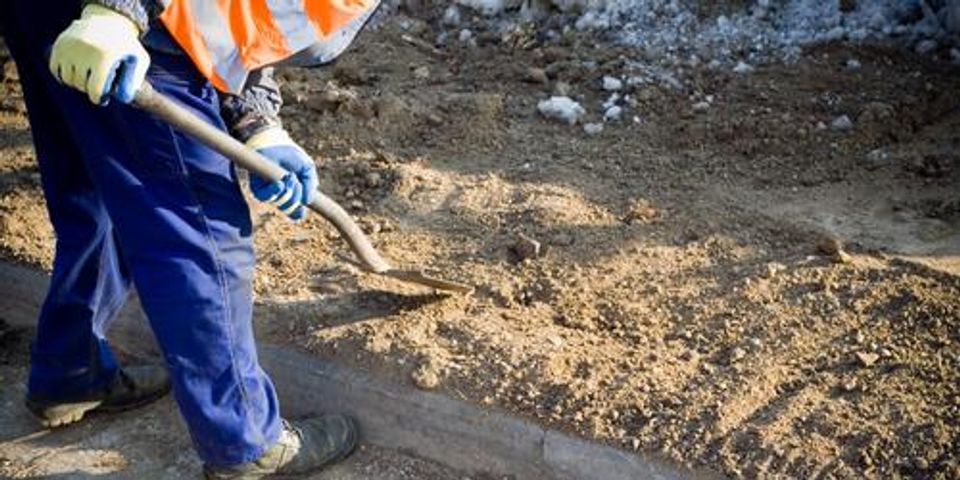
The leach field is a patch of land just above a septic tank. It consists of a gravel bed and soil and is the last stage of the wastewater treatment process for a septic system. It is meant to absorb effluent, or wastewater with the solids mostly removed. Effluent that reaches a leach field has already been considerably processed, but you still don’t want this vital component to fail. You’ll need prompt leach field repairs if it becomes too compacted or unable to absorb effluent; otherwise, this could damage your septic system or cause health problems.
How Does a Leach Field Work?
Once wastewater has been separated into solids and effluent, the latter gradually exits the system through a perforated pipeline and into the leach field. The field essentially filters the effluent, absorbing pathogens into the soil and killing them off. Some people plant light foliage or sod in their leach fields, as the small roots prevent erosion and regulate soil moisture levels.
When Do I Need Leach Field Repairs?
 Leach fields that no longer absorb water require either replacement or repairs. There are several clear signs yours is no longer functioning correctly. To name a few, it may appear soggy, feature unusually lush grass growth, or smell particularly malodorous. Nearby ponds may also become overgrown with algae. A failing leach field should be attended to immediately, as it can cause wastewater to back up into your plumbing. It can even contaminate the groundwater supply.
Leach fields that no longer absorb water require either replacement or repairs. There are several clear signs yours is no longer functioning correctly. To name a few, it may appear soggy, feature unusually lush grass growth, or smell particularly malodorous. Nearby ponds may also become overgrown with algae. A failing leach field should be attended to immediately, as it can cause wastewater to back up into your plumbing. It can even contaminate the groundwater supply.
If your septic system needs attention, whether you require leach field repairs or tank pumping, P & H Construction and Septic Service is qualified for the job. Located in Uncasville, CT, they serve residential and commercial clients throughout the area and have over 35 years of experience. For questions or to schedule service, please reach out to them at (860) 848-8507. More information is available on their website
About the Business
Have a question? Ask the experts!
Send your question

